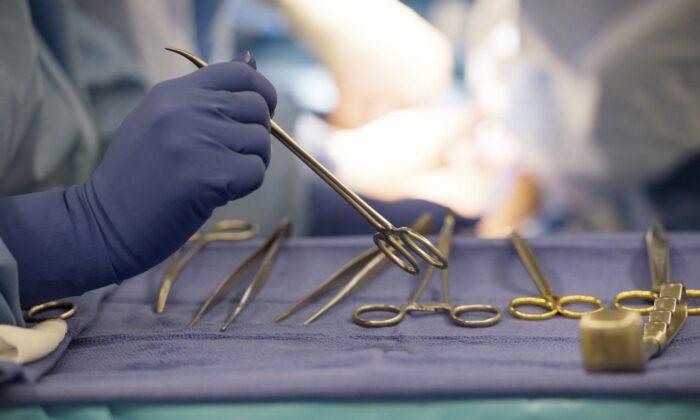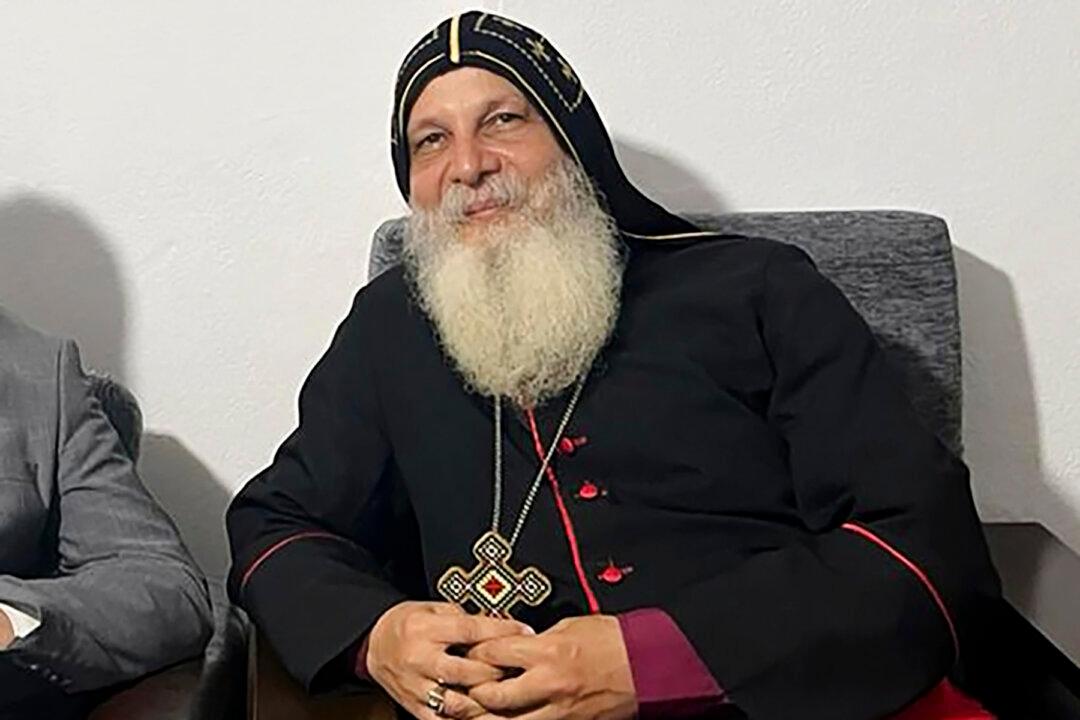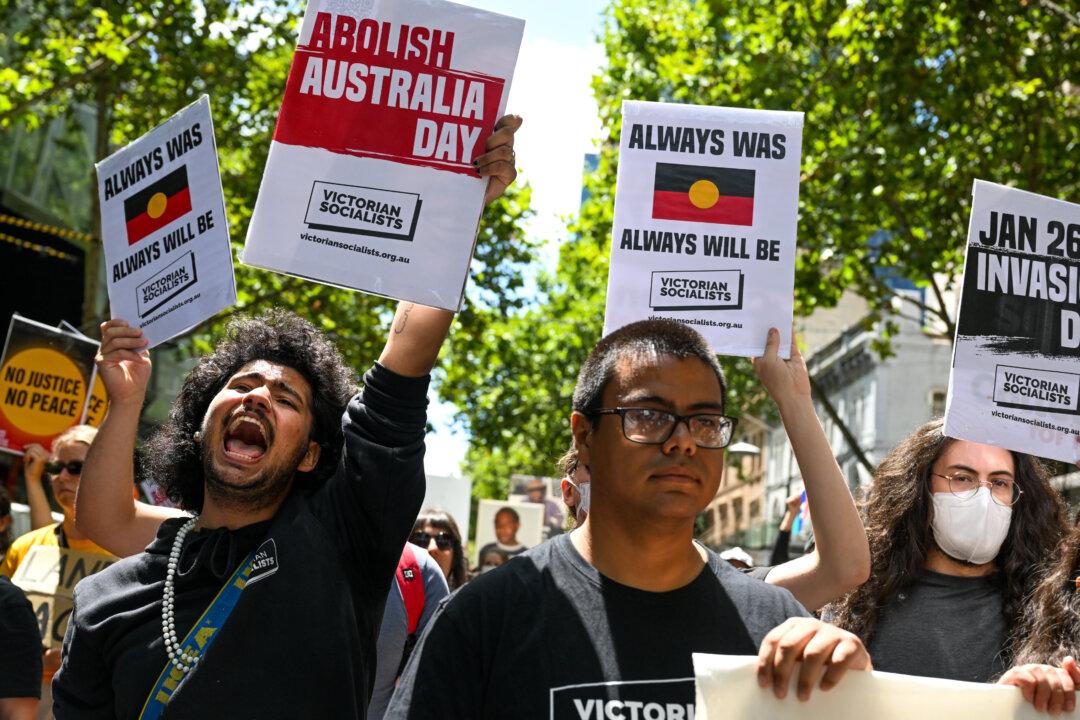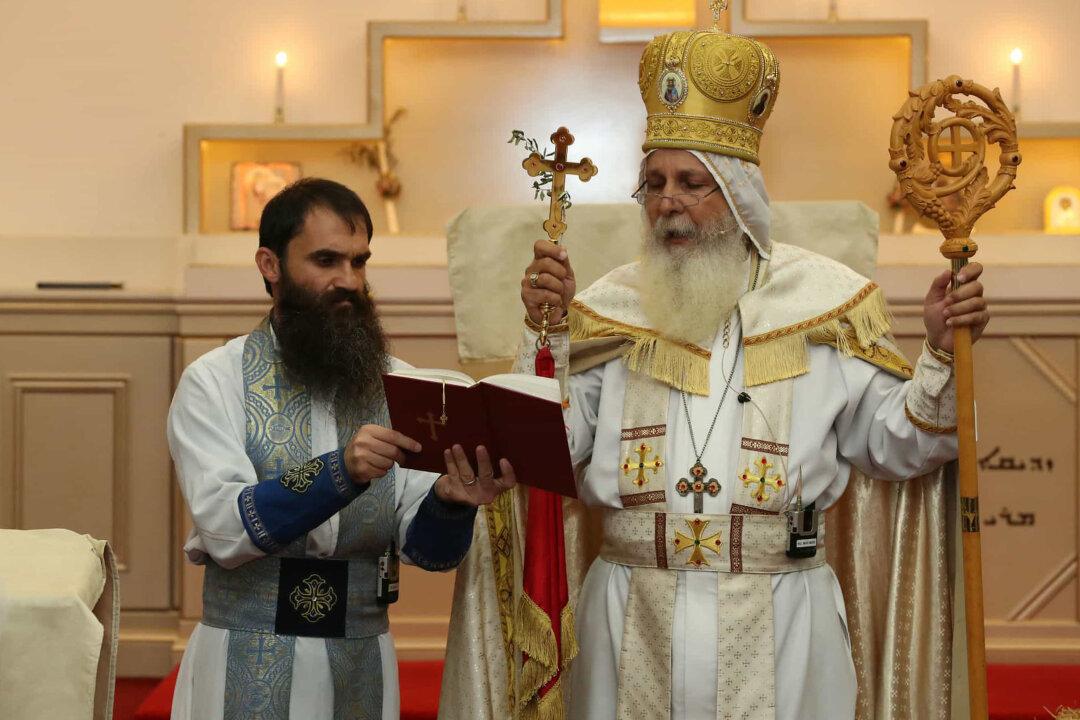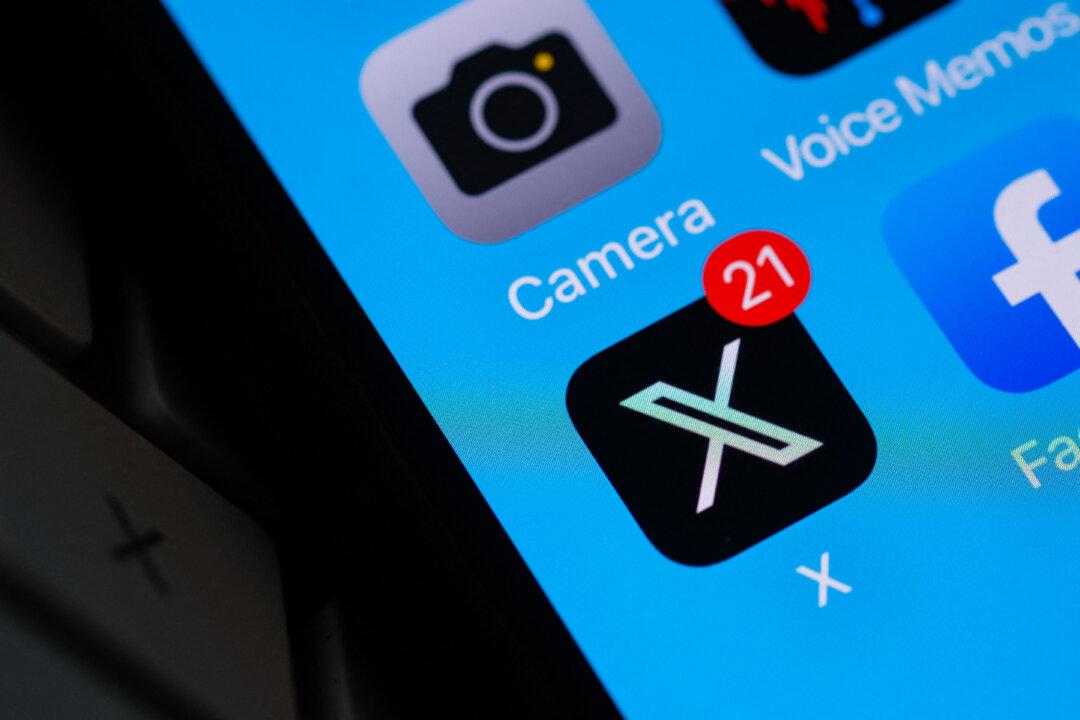High-profile Australian neurosurgeon Charlie Teo has been found guilty of unsatisfactory professional conduct by the Health Care Complaints Commission and accused of having a “substantially experimental” attitude doing his surgery on two patients.
Dr. Teo was facing allegations from the families of two different women—referred to as Patient A and Patient B—who say they were not informed about the risks involved before agreeing to surgery. Neither woman regained consciousness after the surgeries in 2018 and 2019 at Sydney’s Prince of Wales Private Hospital. Both women had been diagnosed with terminal brain cancer.
The commission spent eight days investigating complaints relating to two women who were diagnosed with terminal brain tumours, with Dr. Teo being accused of misleading patients, failing to obtain informed consent from both patients and their families before surgery, and speaking inappropriately to a patient’s daughter after surgery.In its 112-page decision released on Wednesday morning, the commission’s Medical Professional Standards Committee noted that Dr. Teo had decided to operate even when the risk of surgery outweighed any potential benefits.
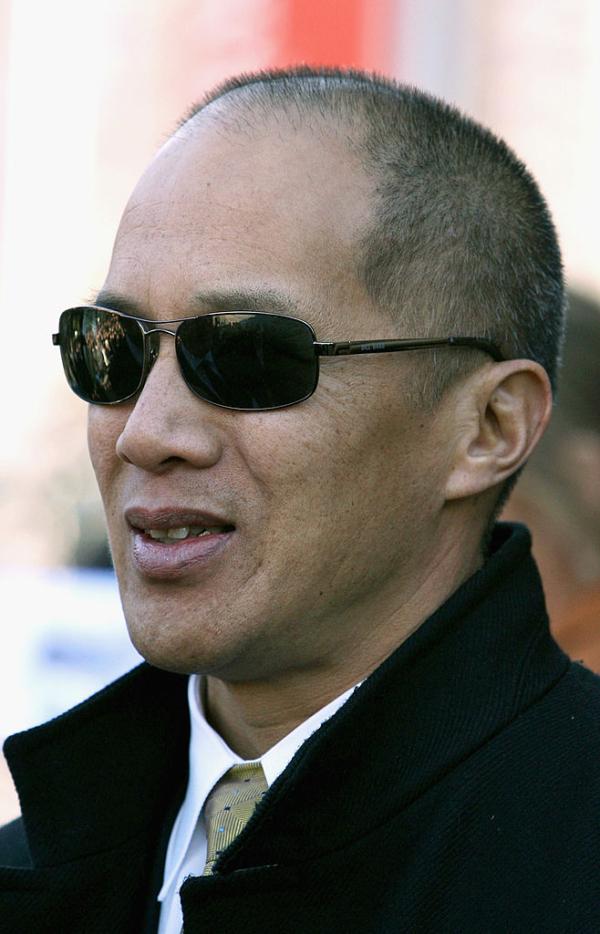
The committee found that Dr. Teo charged an unsuitable fee of $35,000 and “did not exercise appropriate judgement” when conducting a “high-risk and inappropriate” surgery on a 41-year-old Perth woman. The operation should have been conducted in a clinical trial setting or subject to other ethical scrutiny, the committee said.
Dr. Teo was accused of being “substantially experimental.”
“Surgery in this situation is not recommended or carried out by a majority of the practitioner’s peers, nor a responsible minority of surgeons,” the document read.
“The procedure was not supported by the literature [and] the practitioner in his professional capacity had an overriding ethical duty to refuse surgery.”
The commission ordered Teo, who is well known for accepting risky cases that other surgeons have declined to take, to be reprimanded and have conditions imposed on his registration.
When conducting surgery on a 66-year-old patient, he was alleged to have carried out a different surgery from what was proposed by performing a right frontal lobectomy instead of a resection of the tumour.
The operation resulted in an “unwarranted and excessive removal of the normal functional brain.”
Dr. Teo was accused to have used inappropriate language during the consultation with the woman, allegedly telling her if she did not have an operation, she would be dead by Friday. He also allegedly told the patient to be happy because brain tumours were the best way to die.
While the woman was unconscious and in the presence of her family, Dr. Teo is also alleged to have slapped her across the face.
During the hearing, Dr. Teo admitted his responsibilities for the two women’s poor outcomes but rejected any suggestion he was negligent.
“I haven’t been able to save lives that I know I can save,” he said.
Dr. Teo will have to obtain a written statement from a medical Council-approved neurosurgeon to support him in performing recurrent malignant intracranial tumour and brain stem tumour surgical procedures.
“If the written statement does not support Professor Teo performing the procedure(s), he cannot perform the surgery,” the commission said on Wednesday.
During the inquiry, there were 47 letters of support from former patients and their families and more than 100 pages of social media messages backing the surgeon.
AAP contributed to this report.